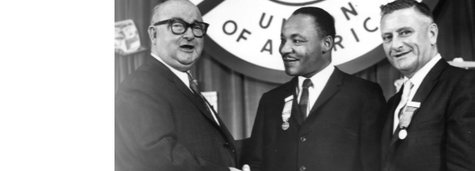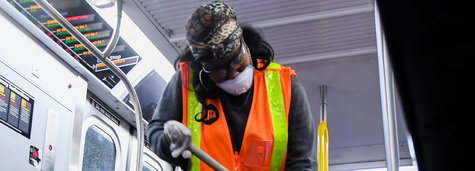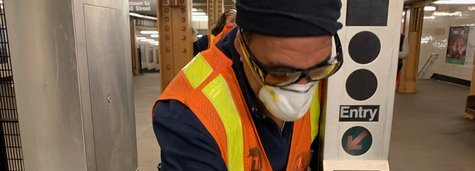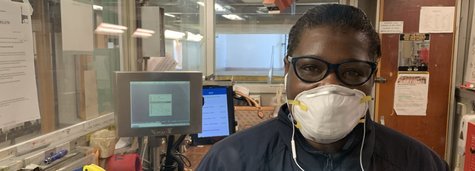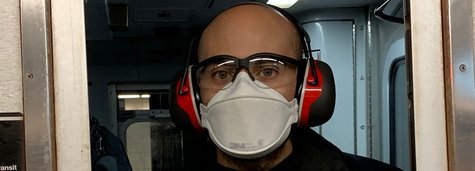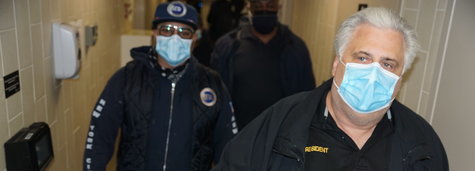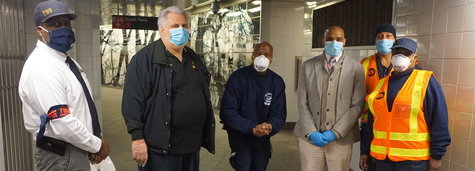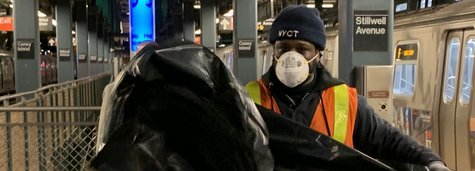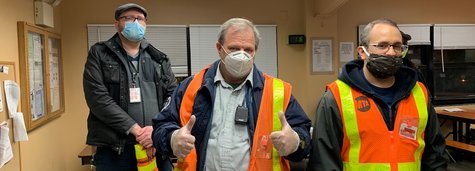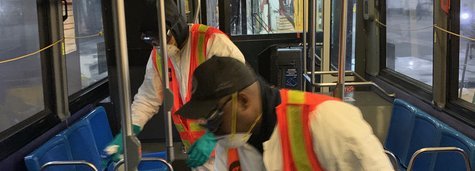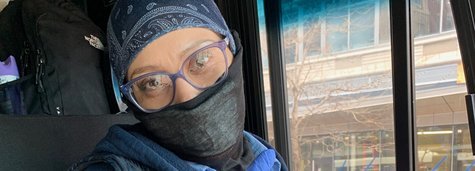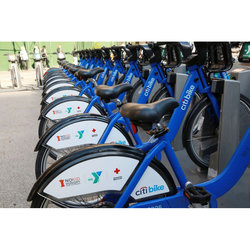TWU LOCAL 100's Bike Share Expansion In The News
The fact that the already-unionized New York mechanics were training the Jersey City staff made the organizing easy, according to Bedell.
Jersey City mechanics, bike re-balancers (staff who drive around redistributing bikes to different docking stations) and station technicians (staff who do low-level bike maintenance in the field) are now part of TWU. Because it’s the offseason, there are only 15 staffers currently. Bedell expects that number to at least double (if not more) during the spring and summer when bike-share use goes way up.In addition to Jersey City and New York, bike-share workers in D.C., Boston and Chicago are TWU members. New York was the first to organize, followed by Chicago, Boston, then D.C.
TWU is still negotiating the contract for Chicago, but in New York, Boston and D.C., unionizing has meant stronger safety language, more scheduling predictability, higher wages and more staff input.Bedell says the safety language is mostly to address concerns re-balancers raised about being on the street in the dark moving bikes around at docking stations. The contract gives workers an official path to raise safety concerns. Schedules are now set three months in advance to help people predictably schedule their lives around work. New York and Boston staff got $1.50 per hour raises across the board.
Because of federal contracting standards, the D.C. staff was already making good wages. The other major contract highlight: It creates an elected workers’ council that meets with management to address operational issues. Like many bike-share executives, city officials and bike advocates, TWU sees bike-share as a form of public transit and one that’s growing by leaps and bounds.“This is an emerging transportation industry. When we started organizing there were 24 bike-share systems on the ground. Now there are nearly 70,” says Bedell.
He continues, “We’re looking for sustainable jobs. It’s a public transit system and people should be able to build careers.”
TWU plans to continue expanding its network of unionized bike-share systems.“Five is just the beginning,” says Bedell. “We have expectations of bike-share workers being organized into a national union across the country.”
The Works is made possible with the support of the Surdna Foundation.

